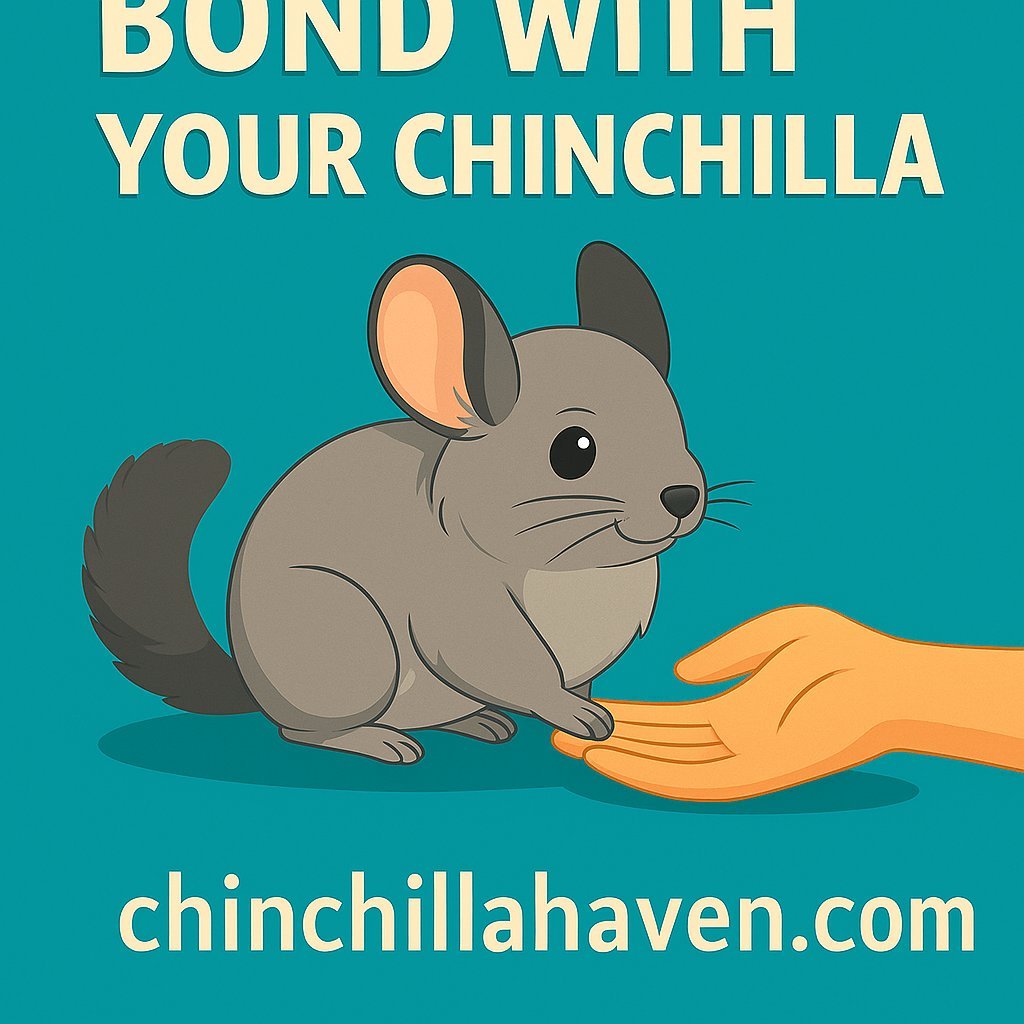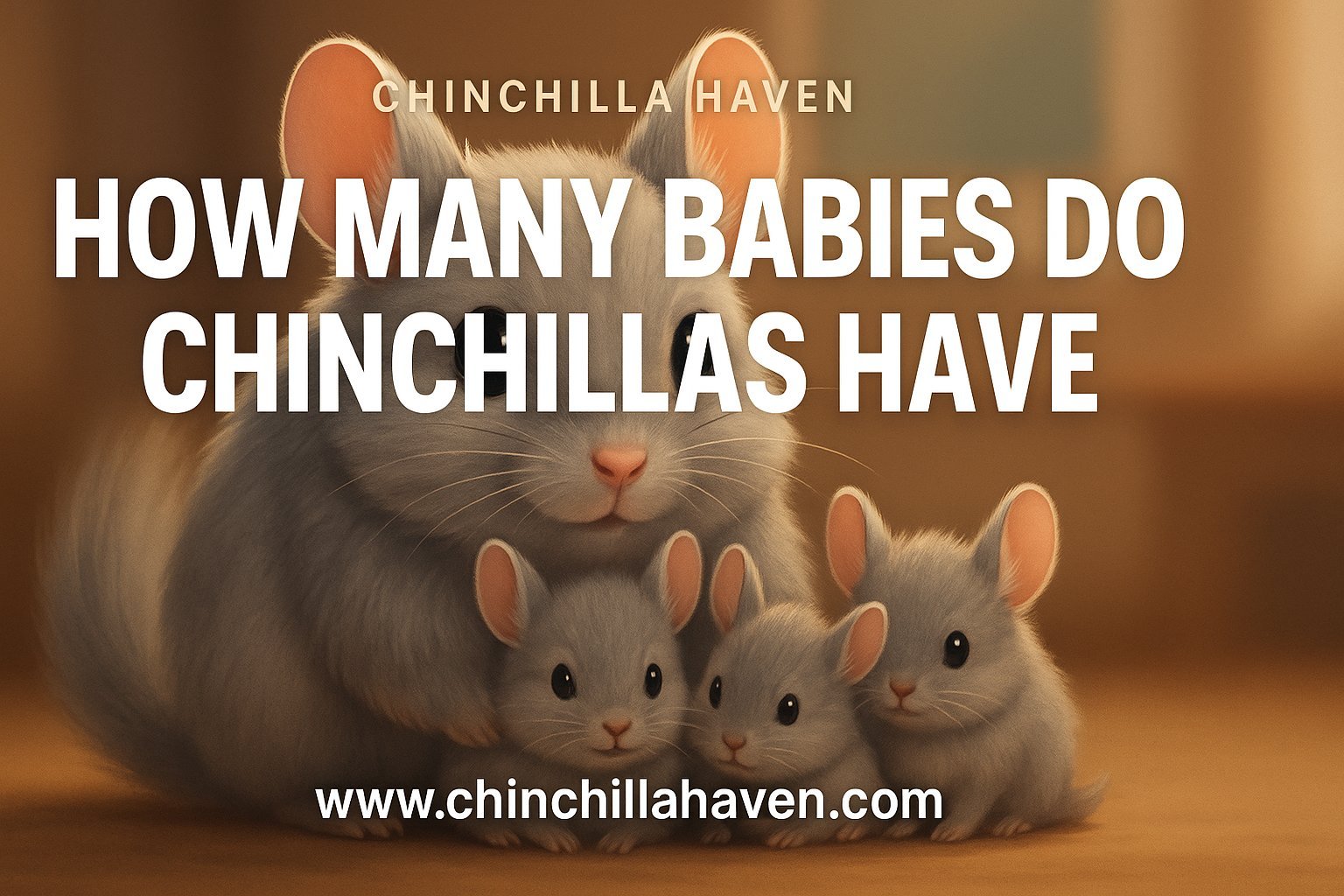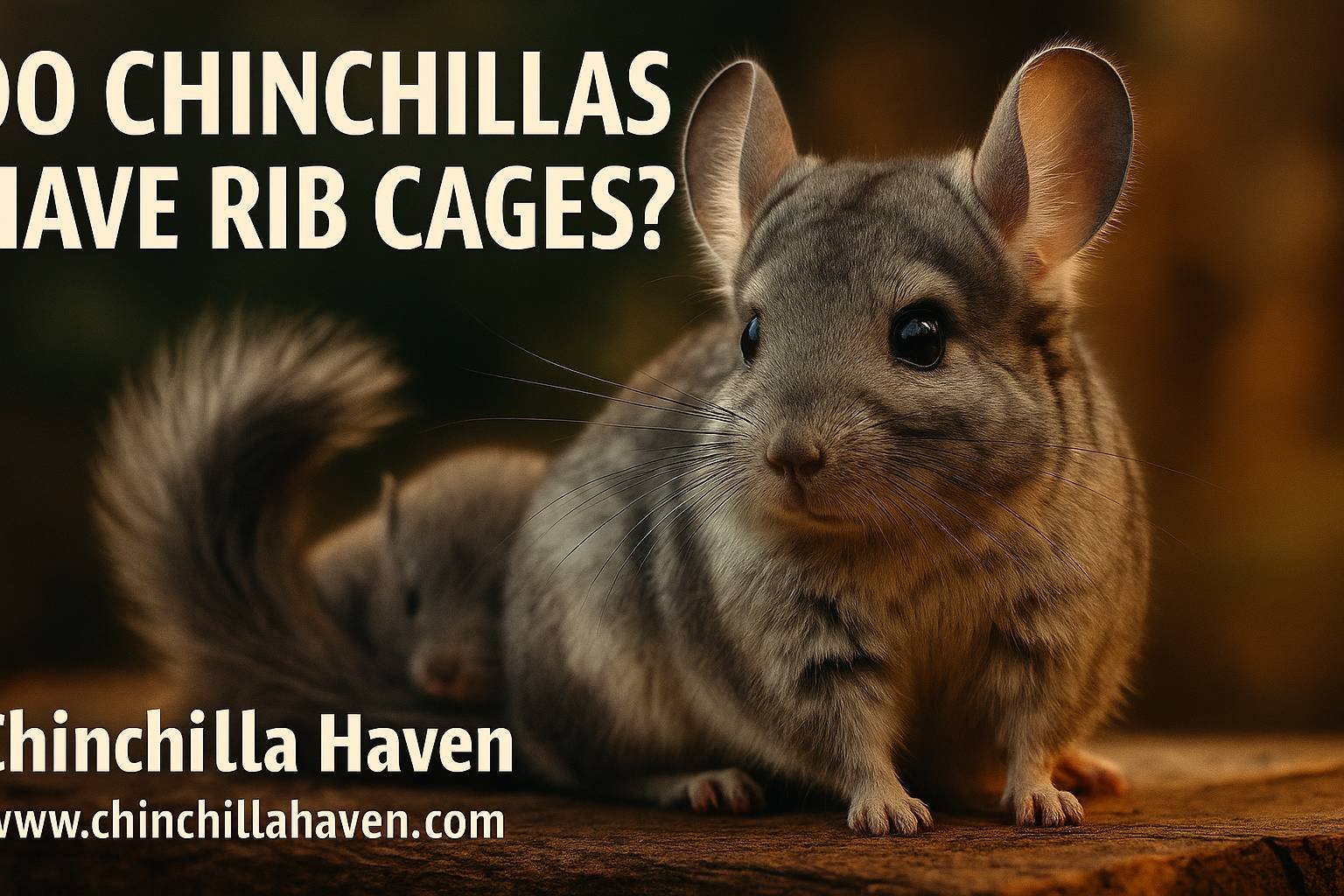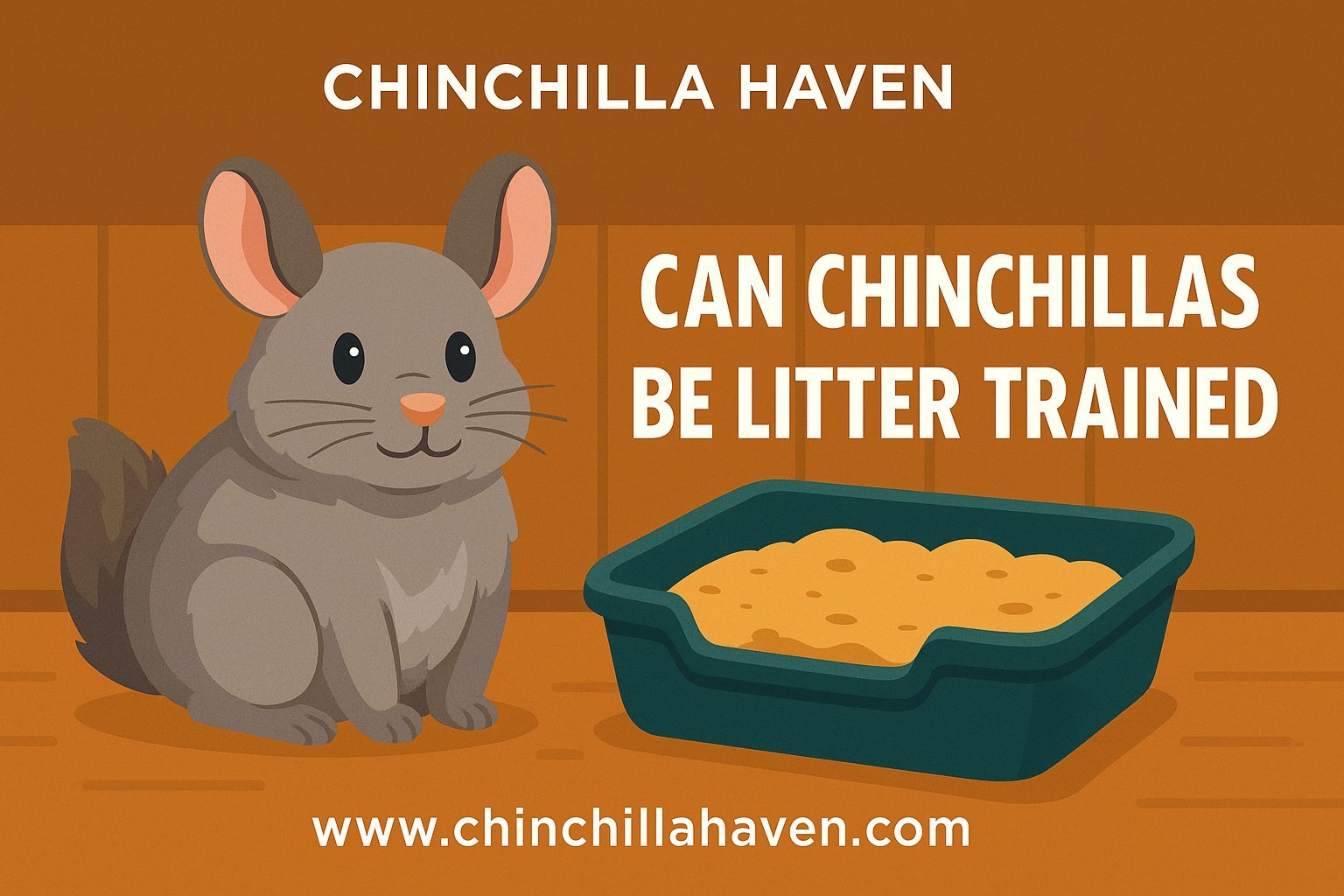
Introduction
Many animal lovers imagine the joy of owning both cats and chinchillas. Cats are affectionate, playful, and independent, while chinchillas are adorable, fluffy, and entertaining. But here’s the question every responsible pet owner asks: Do chinchillas get along with cats?
The short answer: not naturally. Cats are predators, chinchillas are prey — this creates a risky dynamic. But with careful planning, supervision, and secure housing, some pet owners manage safe coexistence.
This guide will cover everything you need to know, from animal behavior and risks to safe housing, expert advice, and real-world experiences.
Understanding Chinchillas
Chinchillas are delicate rodents native to the Andes mountains. They are:
– Prey animals: Always alert to danger.
– Sensitive: Fragile bones, prone to stress.
– Active at night: Most lively during dusk and dawn.
– Bond seekers: They thrive with other chinchillas, not predators.
�� Want to build the perfect space for them? Read our full guide on habitats for chinchillas.
Understanding Cats
Cats, even the most pampered house pets, are natural hunters. Key traits:
– Predatory instinct: Small moving animals = chase response.
– Territorial: They may see the chinchilla’s cage as theirs.
– Individual differences: Some cats are mellow; others are high-prey drive hunters.
Even if your cat seems calm, instinct can trigger suddenly. Experts like the American Veterinary Medical Association caution against assuming any small animal is “safe” with cats.
Do Chinchillas Get Along with Cats?
The reality: chinchillas and cats are not natural friends. At best, they can coexist with strict boundaries.
– A secure cage is essential.
– Supervision is mandatory during any interaction.
– The chinchilla’s stress levels should be carefully monitored.
For reference, check out our post on how long chinchillas live.
Risks of Housing Cats and Chinchillas Together
1. Physical Harm: Cats can injure or kill chinchillas with one swipe.
2. Stress and Fear: Constant predator presence may cause appetite loss, illness, or early death.
3. Health Concerns: Cats may spread bacteria or parasites. Learn more in our guide on chinchillas and fleas.
4. Escape Risks: Cats can knock over cages or reach through bars. A sturdy chinchilla cage is non-negotiable.
Factors That Influence Their Relationship
– Cat’s Personality: Calm, senior cats may tolerate chinchillas better.
– Chinchilla’s Temperament: Confident vs. anxious matters.
– Early Exposure: Cats raised around small pets may be more tolerant.
– Environment: Separate spaces and barriers are critical.
Best Practices for Cat + Chinchilla Homes
If you’re committed to owning both, follow these:
1. Use a strong cage: Tall, metal, escape-proof. Example: MidWest Deluxe Critter Nation Cage.
2. Cat-proof placement: Keep the cage in a secure room.
3. Slow introductions: Let them see each other from a distance.
4. Supervise at all times: Never trust unsupervised contact.
5. Provide enrichment: Check out our list of the best chinchilla toys.
Safe Housing Setup
– Invest in hideouts: See our chinchilla hideout houses.
– Add levels and shelves: Explore chinchilla shelves.
– Ensure dust baths: Use a chinchilla dust bath house.
– Water and food safety: Use chinchilla water bottles and food bowls.
– For heat concerns: Learn about chinchilla cooling stones.
�� Affiliate Pick: Kaytee Small Animal Hideout.
Alternatives to Direct Interaction
Instead of risky “friendship”:
– Allow visual contact only.
– Use playpens during chinchilla free-roam time.
– Keep both pets entertained: Try chinchilla foraging toys.
�� Affiliate Pick: Prevue Small Animal Playpen.
Expert Opinions & Real-Life Stories
– Veterinarians warn: prey and predator species should not mix. See Humane Society guidance.
– Some owners report success, but stress barriers, supervision, and acceptance that “getting along” means “not harming each other.”
Myths and Misconceptions
– Myth: Cats can be trained out of hunting. Reality: Instinct is hardwired.
– Myth: Raised together = best friends. Reality: A cat’s prey drive may never disappear.
– Myth: Cage = safety. Reality: Not if the cat can knock it down or paw through the bars.
When Cats and Chinchillas Should NOT Coexist
– Aggressive or highly prey-driven cats.
– Stressed chinchillas showing hiding, weight loss, or biting.
– Multi-cat households encouraging “hunting play.”
Other Pets That Suit Chinchillas Better
The best companion? Another chinchilla.
Other small prey animals like rabbits or guinea pigs aren’t ideal due to different care needs. Dogs, ferrets, and reptiles are unsafe.
FAQs
Q: Can chinchillas die of stress from cats?
A: Yes — prolonged stress impacts health and longevity.
Q: Do cats get jealous of chinchillas?
A: They can, especially if neglected.
Q: What’s the safest cage for a cat + chinchilla household?
Q: Do chinchillas attack cats?
A: They may bite defensively, but they cannot harm cats.
Q: What animals do chinchillas get along with?
A: Mostly just other chinchillas.
Conclusion
So, do chinchillas get along with cats? Not in the natural sense. Cats are predators, chinchillas are prey. But with secure cages, careful management, and strict supervision, coexistence can be possible in some households.
If you want companionship for your chinchilla, another chinchilla is the safest bet.
Further Reading
– How often to clean a chinchilla cage







